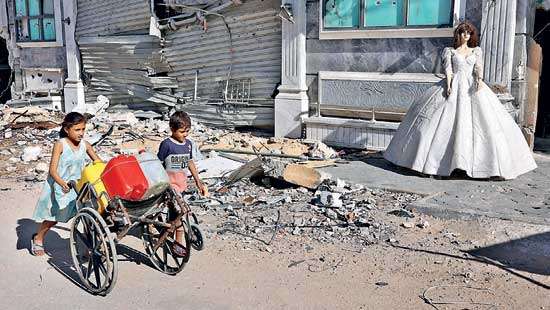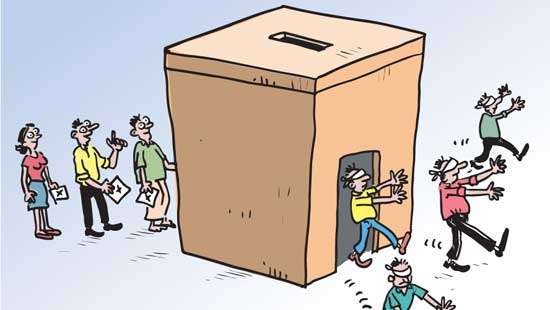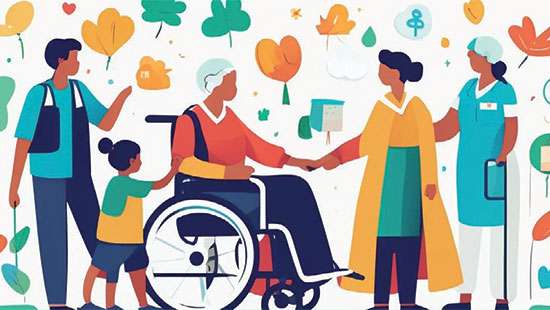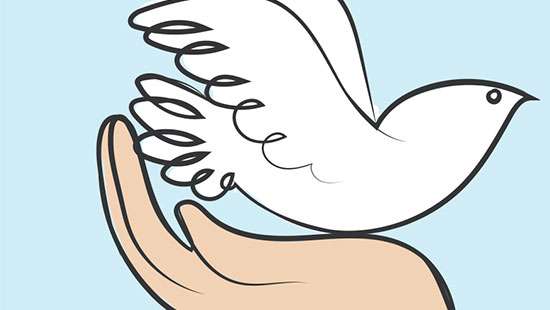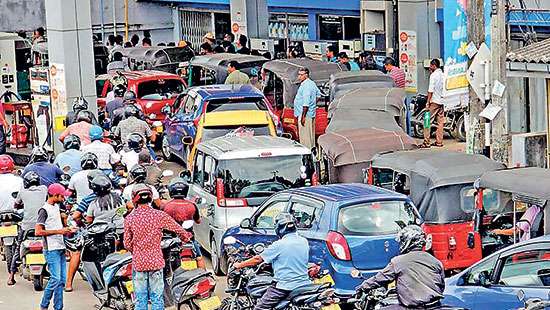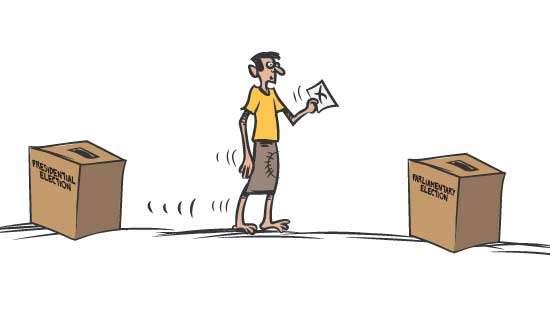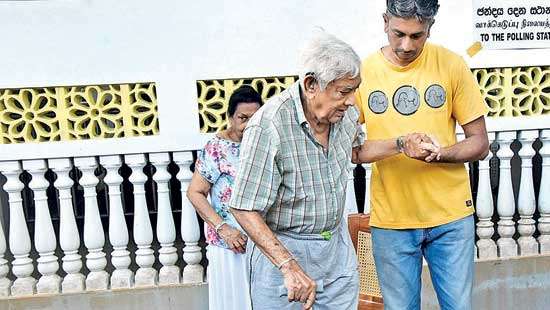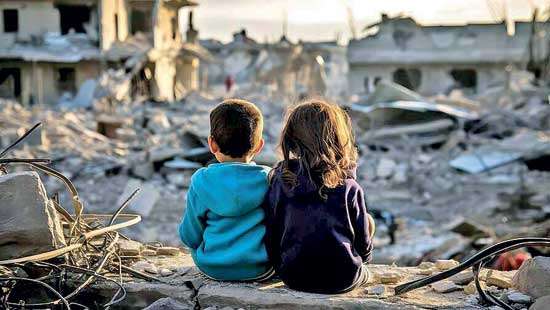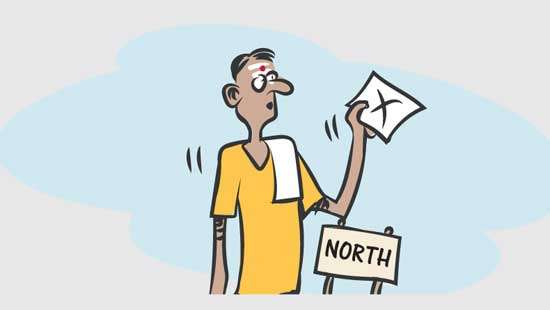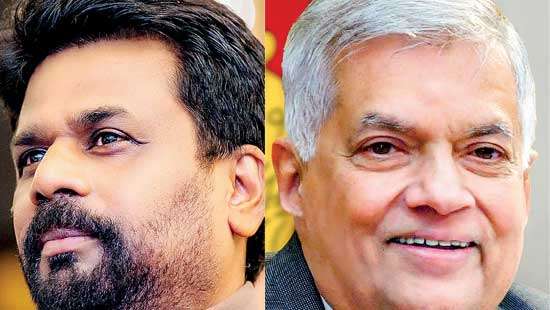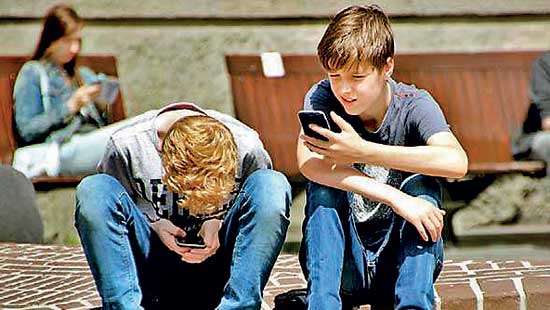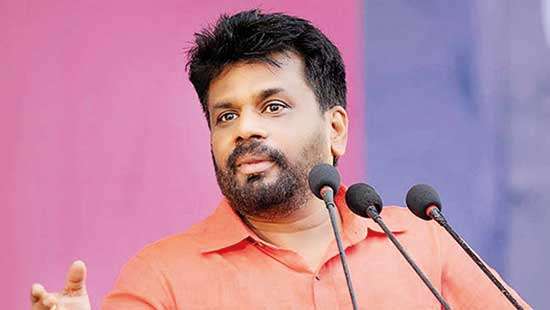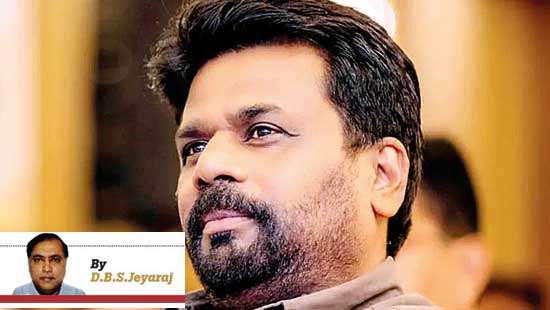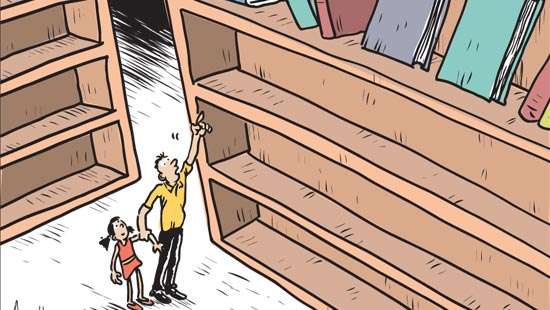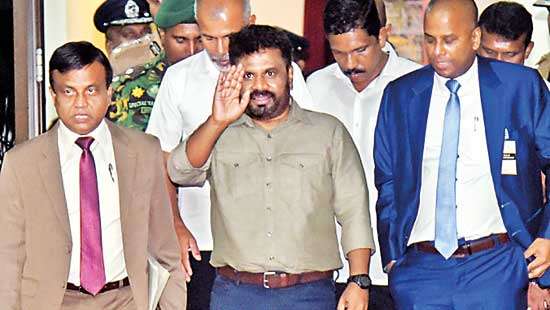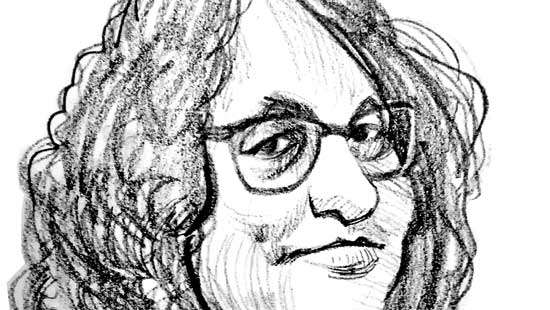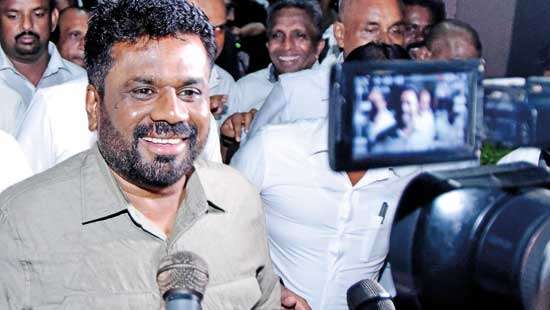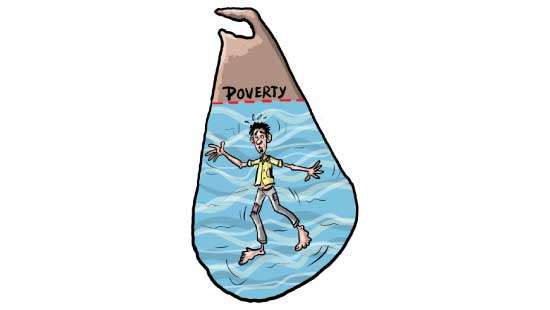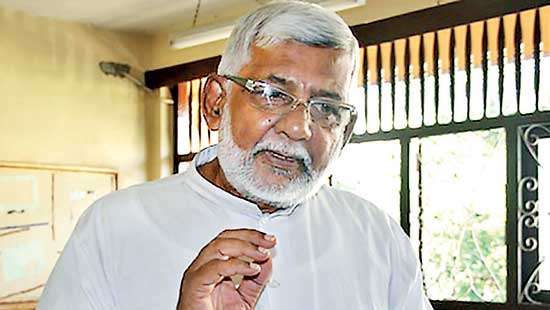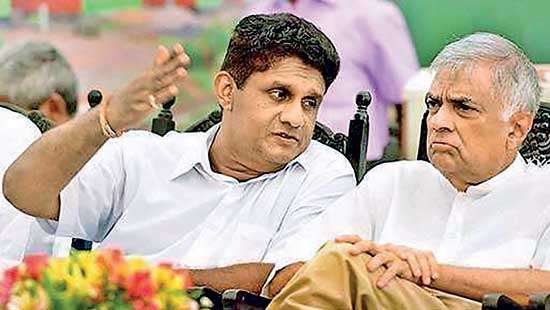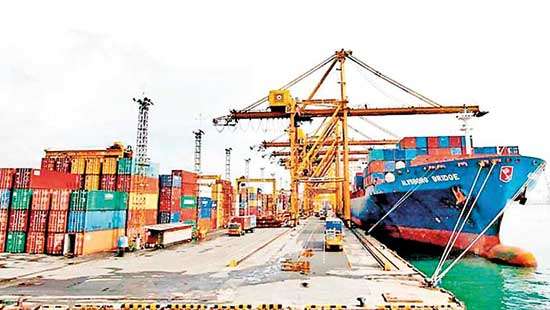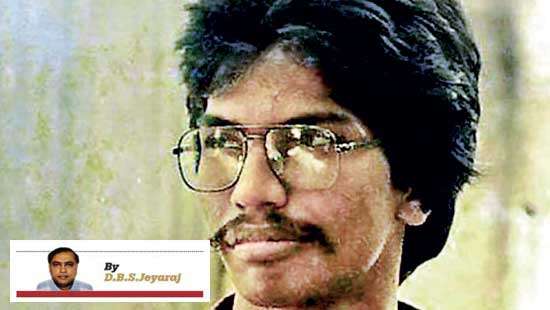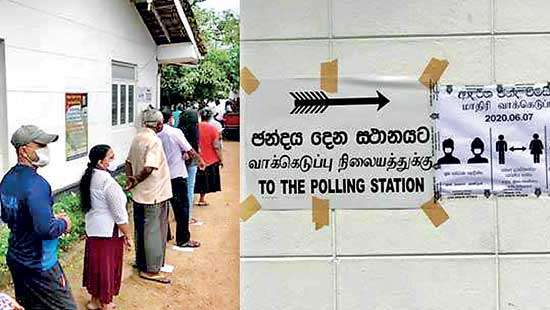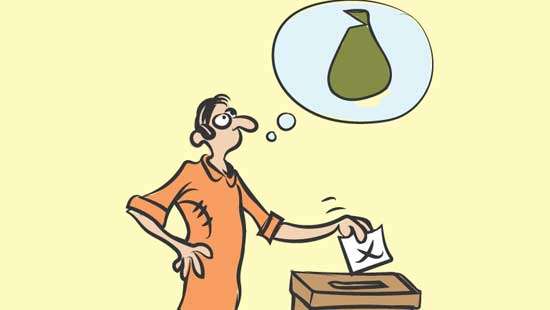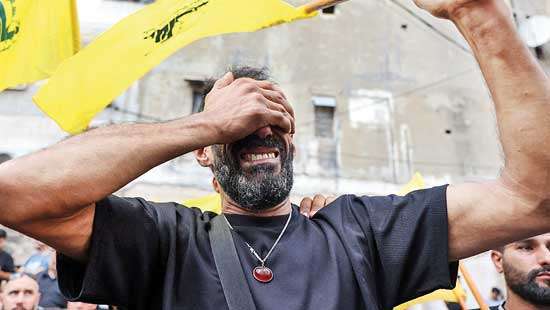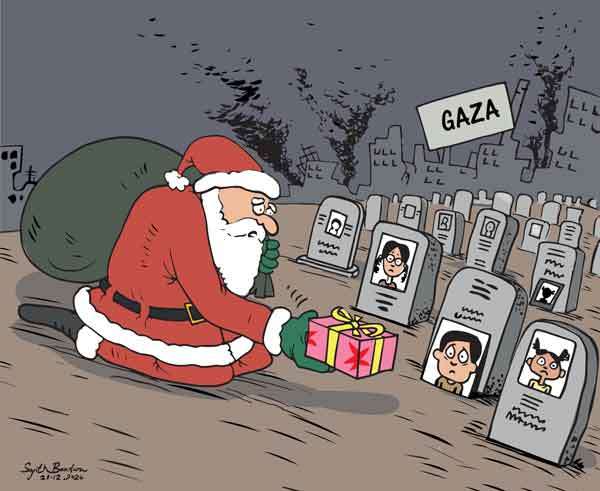Opinion
The new president’s opportunity to reshape social protection
03 Oct 2024
 3
3
On 16 August 2024, Sri Lanka launched a National Social Protection Policy (NSPP). This was a first in the country, which had previously not had a policy but only a host of different programmes (such as free universal health coverage, free education at primary and secondary levels, Samurdhi, and more recently, Aswesuma).
Non-violence: the mightiest weapon of social justice
03 Oct 2024
 1
1
The United Nations yesterday (2) observed the International Day of Non-Violence. October 2 was especially designated as the Day of Non-Violence as it is the birthday of Mahatma Gandhi, who was the leader of the Indian independence movement and pioneer of the philosophy and strategy of non-violence.
Sri Lanka’s People Need a New Debt Deal
03 Oct 2024
 6
6
Ranil Wickremesinghe, Sri Lanka’s President, recently lost his re-election bid after voters overwhelmingly rejected the debt-restructuring deals he negotiated with the International Monetary Fund and other creditors. Instead, Sri Lankans elected Anura Kumara Dissanayake, leader of the left-wing National People’s Power (NPP) alliance and a vocal critic of IMF-imposed austerity measures, who has vowed to renegotiate the country’s agreement with the
The upcoming General Elections and pitfalls ahead
02 Oct 2024
 2
2
T he presidential election which had us all agog, is now over. President Dissanayake -the young leader of the NPP, who campaigned on a platform of anti-corruption and against waste, has been voted into power. The people who for the past five years have suffered all manner of deprivation look forward to a new era where their burdens will be eased.
Understanding the message given by Northerners - EDITORIAL
01 Oct 2024
 4
4
During their first media conference following the Presidential election, the Ilankai Thamil Arasu Katchi (ITAK) which has proven again that they are the largest Tamil political party in the North and the East had announced that they were considering to field their candidates
Political Maturity? Ranil’s Honourable Exit and NPP’s Reciprocal Approach
30 Sep 2024
 19
19
Chathuranga Abeysinghe, Executive Committee member of the National People’s Power, appeared on a TV talk show last Tuesday, where he expressed appreciation for former President Ranil Wickremesinghe’s efforts in leaving the Treasury in a stable financial condition.
From three percent to the throne
28 Sep 2024
 0
0
It was strongly argued before the Presidential election that a party like the National People’s Power (NPP) led by Anura Kumara Dissanayake which obtained only 3.16 percent of total votes in the 2019 Presidential election cannot achieve the 50 percent target to win this time.
Post Presidential polls -Winds of change or new broom
28 Sep 2024
 3
3
On 21 September, Lankans elected into office a new President who campaigned on an anti-corruption platform and renegotiating with the IMF. Presently 25 percent of our people are living below the poverty line, where according to UNICEF 1 in 2 children in Lanka are going hungry.
New government, new hopes and new challenges
26 Sep 2024
 2
2
As predicted by political analysts, the September 21 presidential poll concluded up with many firsts. First and foremost, it ushered Anura Kumara Dissanayake alias AKD in to presidency; a politician from outside the traditional, political mainstream.
Is Dr. Amarasuriya the Kamala Harris of Sri Lanka?
26 Sep 2024
 20
20
Sri Lanka now has her third female Prime Minister after a hiatus of 24 years. Twenty years is a long period of time from a political perspective. That was sufficient time to usher in change, to witness more women in the political sphere in decision-making positions and for them to take a lead to make a difference. But women’s representation in politics has been a long struggle. A struggle met with many patriarchal and professional challenges. But
Would we see AKD reflecting the face of China?
26 Sep 2024
 11
11
Anura Kumara Dissanayake (AKD) had a spring in his walk even before he won the Presidential Elections. He dressed extremely well when stepping in front of the public and exhibited an air of confidence which said ‘2024 is my year to be the President of Sri Lanka’.
Poverty, minority issues: Problems facing new president
25 Sep 2024
 13
13
For the first time in our history, on 21 September a Marxist, the son of a poor farmer, a man who understands the travails and humiliation the poor have to undergo daily has been elected as the Executive President of the country. President Dissanayake is the son of a poor farming family. He is now the 9th Executive President of Lanka.
Do away with incumbency privileges during elections - EDITORIAL
24 Sep 2024
 3
3
President Anura Kumara Dissanayake during his speech after he was declared elected as the President at the Election Commission’s auditorium said the very conducting of the Presidential election this time was a victory for the people.
Housing hassle worsens in Gampaha District
23 Sep 2024
 1
1
The People’s Alliance for Right to Land (PARL)-Gampaha, a voluntary coalition of civil society organisations and individuals committed to ensure housing and property rights of marginalised communities in Sri Lanka, presented a memorandum on the housing issue faced by low-income families in the Gampaha District to policy makers at a forum held in Seeduwa recently.
Ego and Arrogance: Downfall of UNP Factional Leaders
23 Sep 2024
 11
11
The people have made their choice; in a democracy, we must respect that decision with dignity, although for the first time in four decades, a winner has been declared in a Sri Lankan Presidential Election with less than half the population voting in favour.
Who’s more desperate – candidates, or voters?
23 Sep 2024
 0
0
By the time this column is published, the whole country would know who the next president of Sri Lanka is, unless a standoff emerges with all three candidates running neck to neck and preferential votes coming in as the deciding factor.
Weaponising Non-Violence: Tiger Leader Thileepan’s Fast Unto Death
21 Sep 2024
 0
0
September 26th is of particular significance to a substantial number of Sri Lankan Tamils. For it was on this day in 1987 that a senior member of the Liberation Tigers of Tamil Eelam (LTTE) Thileepan died in Nallur after undertaking a fast unto death.
Pager blasts in Lebanon: How safe are our mobile devices?
20 Sep 2024
 0
0
How sure are we that our phones won’t explode in our faces? This week’s developments in Lebanon make us raise this question. The next time we buy a mobile communication device, we must ensure it comes from a seller who provides a manufacturer warranty, confirming it has not been tampered with and is free of explosives.

SL exits ’Restricted Default’ rating
20 Sep 2024
 0
0

SriLankan airlines hosts agents’ tour to Gan island
20 Sep 2024
 0
0

First Capital crowned as Brand of the Year at SLIM Brand Excellence 2024
20 Sep 2024
 0
0

Bitcoin surges past $100k for first time
20 Sep 2024
 0
0

USAID, CBL group to boost SL’s coconut industry
20 Sep 2024
 0
0

crisis spirals, Govt. extends deadline for imports till January 10
20 Sep 2024
 0
0

Suspect dies after collapsing in Chilaw Police custody
20 Sep 2024
 0
0

Dayasiri defends use of President’s Fund, rejects misuse allegations
20 Sep 2024
 0
0


